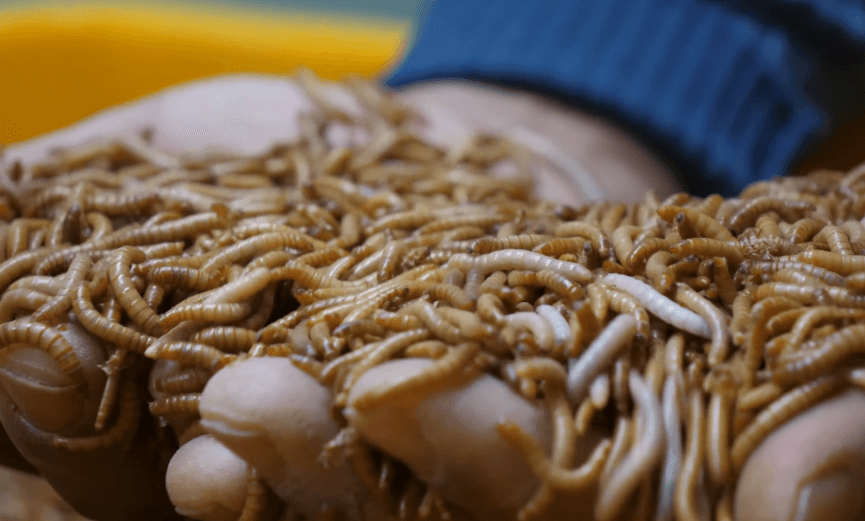In the European Union, the processing of insects into food has been permitted for quite some time. The European Union is currently moving forward with additional approvals, which encompass UV-treated powder.
Starting Monday, the European Union has approved the use of UV-treated insect powder derived from flour beetles in food products. This substance is derived from the larvae of beetles belonging to the genus “Tenebrio molitor.” The existing approval pertains to food status, while the latest authorization focuses on a UV treatment aimed at enhancing the vitamin D levels in insect-based products. At the outset, a French company holds exclusive rights to market the treated powder.
Insects have been recognized as a food source in the EU for some time, yet manufacturers are required to seek approval and clearly state their use on the packaging. The EU Commission emphasizes the importance of consumer choice in dietary decisions, highlighting that thorough scientific evaluations are conducted prior to market introduction.
Even with the clear nutritional advantages and the environmentally friendly practices involved in insect farming, a significant number of consumers continue to express doubt. A recent survey conducted by Heristo AG reveals that older consumers, in particular, express reservations. Insects offer a wealth of nutrition, boasting high protein content along with essential omega-3 fatty acids, as well as both monounsaturated and polyunsaturated fats. They hold a significant place in the traditional culinary practices of numerous cultures around the globe. Approximately two billion individuals across the globe incorporate insects into their diets. In nations like Japan, Mexico, and Nigeria, certain insect-based dishes are regarded as true delicacies.
The German government provides a comprehensive list of insect species on its website that have received approval for consumption within the EU. Alongside the previously noted mealworms, this also encompasses migratory locusts and house crickets, which are permitted in frozen, dried, and powdered forms. Buffalo worms and grain mold beetles can also be found on the market.
The federal government particularly emphasizes the potential of insects as a meat substitute. Edible insects offer a comparable protein content to traditional meats like pork, beef, or turkey, yet they are far more sustainable and environmentally friendly to cultivate. The portion of insects that is consumable is approximately double that of cows, and these creatures also demand less space while producing fewer greenhouse emissions.












+ There are no comments
Add yours